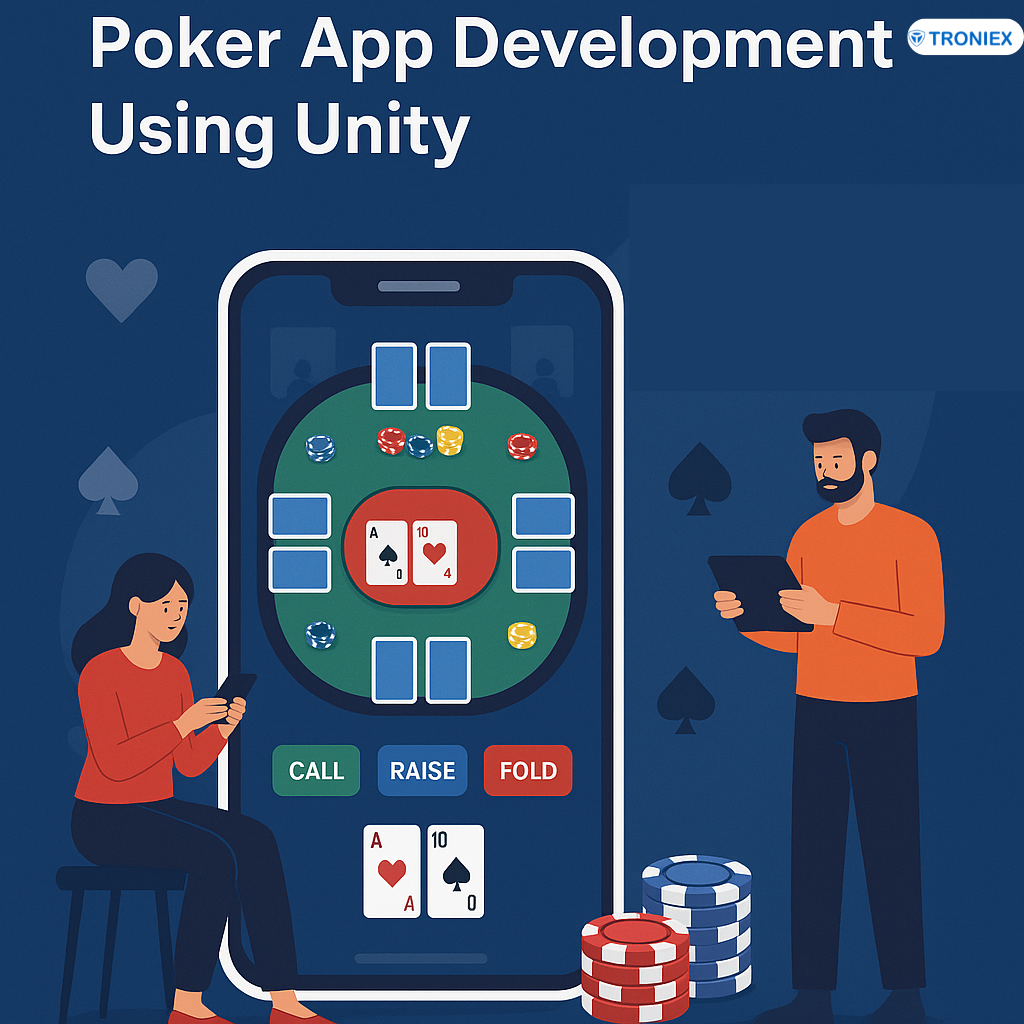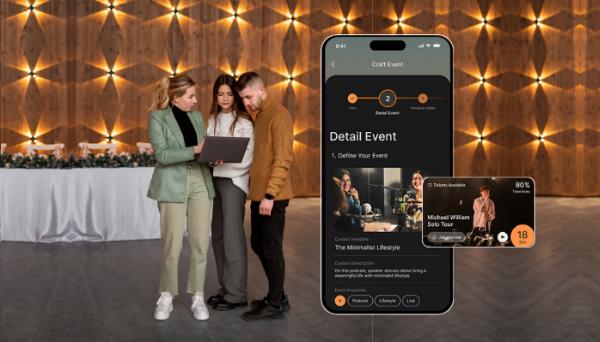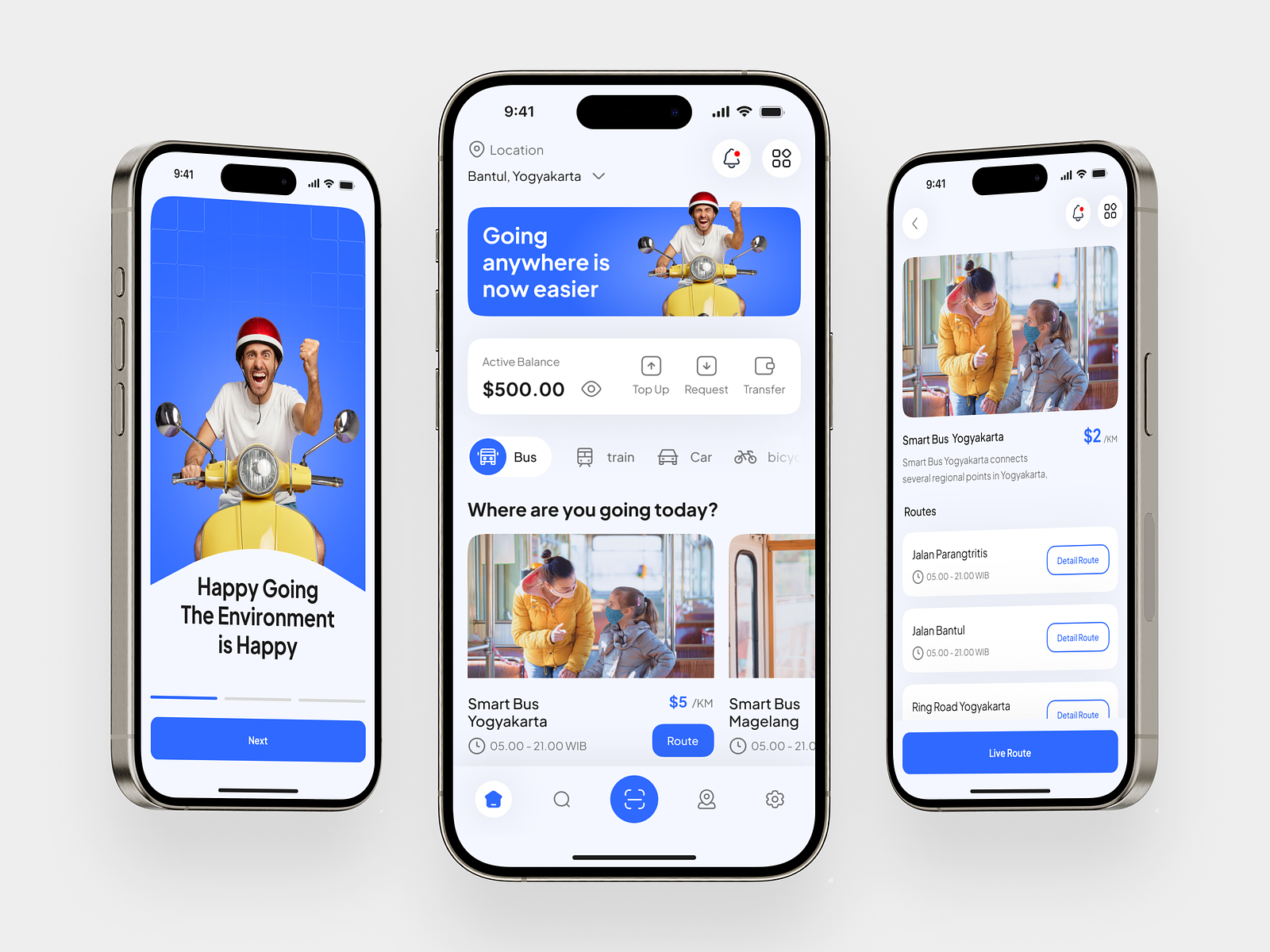Real-Time Multiplayer Poker App Development Using Unity

Strong 8k brings an ultra-HD IPTV experience to your living room and your pocket.
The rise of mobile gaming, coupled with advancements in networking technologies, has made real-time multiplayer games more accessible than ever. Among popular gaming genres, poker stands out as both entertaining and highly monetizable. Developing a real-time multiplayer poker app development using Unity offers a powerful and flexible pathway for studios and solo developers to bring poker experiences to life across platforms.
✍️ Looking to save costs while reaching a wider audience? Discover the pros and cons of cross-platform app development and see why startups and enterprises are adopting Flutter and React Native.
Why Unity for Poker App Development?
Unity is one of the most widely used game development engines, known for its ease of use, cross-platform support, and rich asset store. Here’s why it’s a great choice for multiplayer poker app development:
Cross-Platform Compatibility: Unity allows you to deploy on Android, iOS, WebGL, Windows, and more.
Robust Networking: Unity supports various multiplayer frameworks (like Photon, Mirror, or Unity Netcode).
Rich UI Tools: Poker games rely heavily on smooth, interactive UI, which Unity handles well.
Asset Store Resources: You can speed up development with prebuilt card decks, UI kits, and avatars.
Key Components of a Multiplayer Poker App
Building a real-time multiplayer poker app involves several essential components:
1. User Authentication
Secure login and profile management (email, social media, guest login).
2. Lobby System
Players join public/private poker rooms, match-making, and room creation.
3. Game Logic
Accurate and secure Texas Hold’em or other poker variant logic, card dealing, betting rounds, and pot calculation.
4. Real-Time Multiplayer Sync
Smooth data synchronization for player actions, animations, chip movement, and card dealing.
5. Chat and Emoji Reactions
Social features to enhance user interaction.
6. Backend Infrastructure
Server logic, matchmaking, player stats, anti-cheating, and data storage.
7. Monetization & Virtual Economy
In-app purchases, daily rewards, ads, and virtual chips.
Choosing a Networking Solution
Unity does not have a native real-time multiplayer backend, so developers often use third-party networking SDKs. Here are the most popular options:
1. Photon Unity Networking (PUN/Photon Fusion)
- Great for small to medium-sized poker games.
- Reliable matchmaking, room-based logic, and scalable backend.
- Photon Cloud simplifies hosting.
2. Mirror
- Free and open-source.
- Requires your own server hosting (e.g., VPS or cloud infrastructure).
- Suitable for developers with backend experience.
3. Unity Netcode for GameObjects (Netcode for GO)
- Unity's official networking framework.
- Better for long-term projects wanting deep Unity integration.
- Still evolving and best used with Unity Multiplayer services like Relay and Lobby.
For most commercial poker apps, Photon Fusion or Mirror are excellent choices due to their ease of use and performance.
Server Logic and Anti-Cheating Measures
In a poker game, server authority is crucial. You must ensure the following:
- Card dealing must be server-side to prevent manipulation.
- Bet validation and pot management must be secure.
- No sensitive game logic (like hand strength calculation) should be exposed on the client.
Using authoritative servers (instead of peer-to-peer) helps prevent cheating, card peeking, and data injection.
You can implement your server logic using:
- Photon Server SDK
- Node.js + Socket.IO (via Unity WebSocket plugins)
- Custom backend (e.g., C# .NET Core or Go) with REST + WebSockets
UI/UX and Game Flow
Poker is UI-heavy. Unity’s Canvas system is ideal for creating:
- Player avatars with chip counts
- Card animations and dealing
- Betting interface (call, fold, raise sliders)
- Table designs and 2D/3D views
Use DOTween or Unity Animator for smooth transitions and animations.
The game flow typically follows these steps:
- Players join a room
- Dealer button and blinds assigned
- Cards dealt (hole cards > flop > turn > river)
- Players take turns (timer-based)
- Pot distributed based on hand ranking
A state machine helps manage game states like "Waiting", "Dealing", "Betting", "Showdown", and "End Round".
Backend Features & Database
Every multiplayer poker game requires robust backend support:
- Player data storage (name, chips, wins/losses)
- Game state saving
- Leaderboard system
- Daily rewards/bonuses
- Chip purchase transactions
Databases such as Firebase, MongoDB, or PostgreSQL can be integrated depending on your backend stack.
For scalability, consider hosting backend services on AWS, Google Cloud, or Azure with Docker containers and load balancing.
Monetization Strategies
Poker apps are highly monetizable via:
- In-app purchases (buy chips, VIP access)
- Rewarded video ads
- Subscription tiers
- Tournaments with entry fees and prize pool
- NFT integration (optional, for blockchain-based poker)
Remember to comply with local gambling regulations and include disclaimers if using real-money mechanics or crypto.
Final Thoughts
Developing a real-time multiplayer poker app in Unity is a rewarding but complex task. It blends the challenges of networking, UI, game logic, and backend infrastructure. By leveraging Unity's flexibility and combining it with tools like Photon or Mirror, developers can craft immersive poker experiences for players worldwide. If you're aiming for scalability and real-time performance, start with a clear architecture, authoritative server logic, and a responsive UI. Whether for casual fun, tournaments, or social gaming, Unity provides everything needed to bring your multiplayer poker game to life.
Note: IndiBlogHub features both user-submitted and editorial content. We do not verify third-party contributions. Read our Disclaimer and Privacy Policyfor details.







